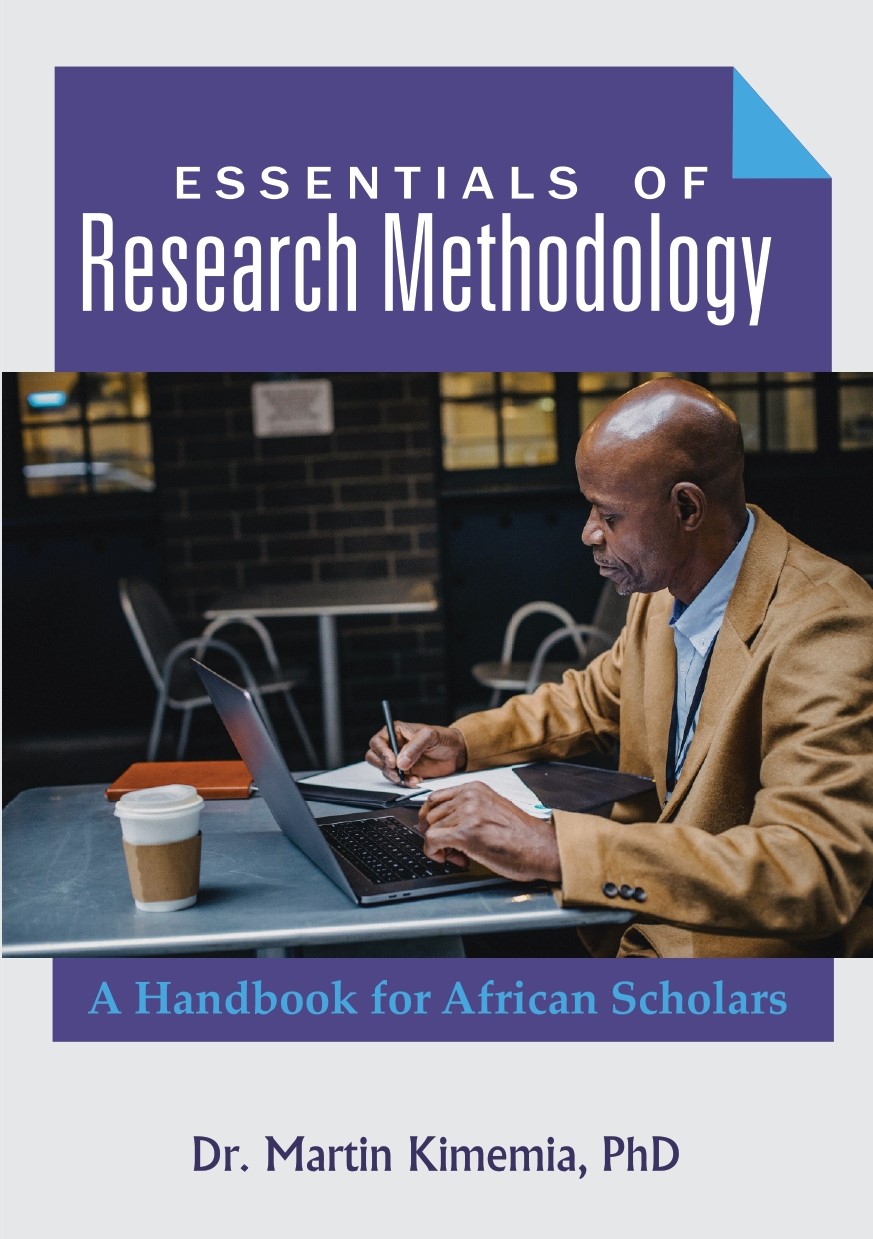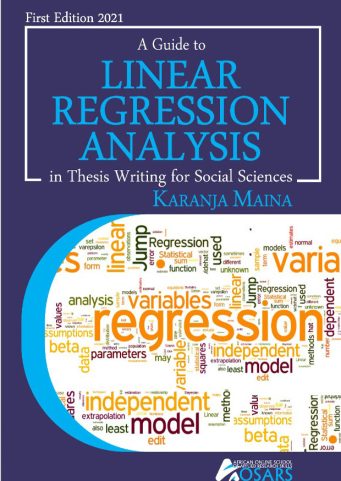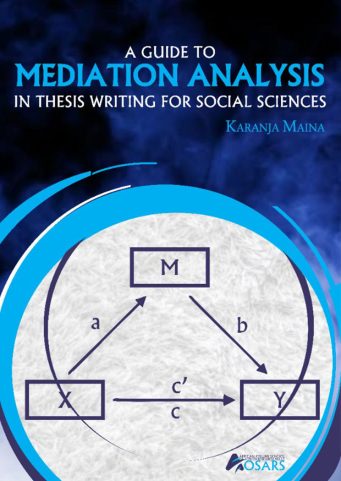Essentials of Research Methodology: A Handbook for African Scholars
$27.00 Original price was: $27.00.$15.00Current price is: $15.00.
Product Description
This book is a comprehensive guide that systematically explores the key components and methodologies involved in conducting research.
1. Chapter 1: Introduction to Research:This chapter introduces the basics of research, emphasizing the role of variables and the components of a thesis. It covers the structure of the introduction , including background, statement of the problem, objectives, research hypotheses, and justification.
2. Chapter 2: Research Philosophies: This chapter explores different research philosophies, such as positivism, post-positivism, interpretivism, pragmatism, constructivism, realism, post-structuralism, and postmodernism. It details their axiological, epistemological, and ontological assumptions, along with examples of their application.
3.Chapter 3: Research Designs: The third chapter delves into Preliminaries various research designs, including descriptive, ex post facto, case study, correlational, survey, cross-sectional, longitudinal, experimental, quasi-experimental, and cohort study designs. It discusses their characteristics, strengths, and weaknesses.
4.Chapter 4: Qualitative Research Approaches and Methods: This chapter introduces qualitative research, covering approaches, data collection methods (interviews, focus groups, case studies), sampling strategies, ethical considerations, data analysis techniques, and the integration of qualitative findings into research.
5.Chapter 5: Quantitative and Mixed Research Methods
Approaches:The fifth chapter introduces quantitative research, including sampling strategies, ethical considerations, and data analysis techniques (descriptive and inferential statistics). It also introduces mixed research methods, discussing types of designs and the integration of qualitative and quantitative approaches.
6.Chapter 6: Population and Sampling: This chapter focuses on defining the target population, identifying its characteristics, and selecting appropriate sampling techniques. It covers the significance of sampling in research and provides formulas for sample size determination.
7.Chapter 7: Sampling Techniques:The seventh chapter explores various sampling techniques, including probability sampling (simple random, stratified, systematic) and non-probability sampling (convenience, purposive, snowball, judgmental). It discusses the applications, advantages, and challenges of each technique.
8.Chapter 8: Reliability of Instruments: This chapter examines the reliability of research instruments, covering internal consistency reliability, test-retest reliability, factors influencing reliability, and strategies for enhancing reliability.
9.Chapter 9: Validity of Instruments: The ninth chapter focuses on the validity of research instruments, discussing face validity, content validity, criterion-related validity, construct validity, and the relationship between reliability and validity.
10.Chapter 10: Questionnaire Designs and Administration:The final chapter explores questionnaire design and administration, covering open-ended, semi-structured, and structured questionnaires. It discusses response scales, pre-testing methodologies, piloting, and various questionnaire administration methods, including online platforms.
You must be logged in to post a review.









Reviews
There are no reviews yet.